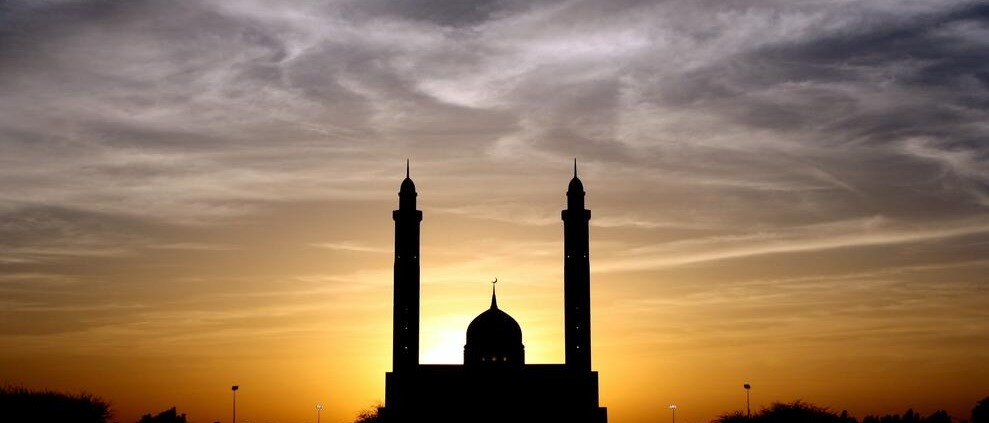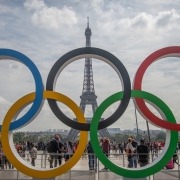Translating For The Middle East Is A Matter Of Language & Faith
The Middle East is a vast and complex region that is full of both opportunity and culture. It’s an area full of diversity harboring some of the oldest traditions in the world while at the same time playing host to Dubai, one of the most advanced cities on the planet today. This is a part of the world that has played an increasingly important role in the world economy as well as a current events.
Linguistic diversity
In one sense, it seems like translating content for the entire region is fairly straightforward. The officially spoken language of countries in the region is Modern Standard Arabic, which is also the standard for written language in the Middle East. There are many different regional dialects spoken, but for the purposes of literacy, most of this region shares the same alphabet, if not language for business and work communication purposes.
However, unlike many parts of the world that have made clear divisions between secular and religious matters, the Middle East still largely integrates these two aspects into most of daily life. As a result of this, simply speaking the same language—while appreciated—isn’t going to have the same impact as speaking the language and having respect for the cultural and religious traditions. For example, it’s unique to Iraq but the “thumbs up” gesture that the West normally associates with approval or compliments is actually the opposite, and is considered the Iraqi equivalent of giving the middle finger.
In casual conversation it’s important to remember little things like this, as someone asking you if you’d like another drink is going to be gravely insulted when if ignorantly respond with a thumbs up, unaware that you just made an obscene gesture to someone who was being polite to you. It’s also important to remember and respect important religious events, especially Ramadan, which is held every year during the ninth month of the Islamic calendar. This is an important period of faith during which practicing Muslims forgo food and drink during the day, breaking their fast only after sundown.
The importance of respecting religious events
It’s important to be both mindful and respective of this period, so things like an invitation to lunch or drinks will be interpreted as jokes made in extremely poor taste. This is especially true in marketing terms, as the last thing any business should do during Ramadan is make crass offers like lunch specials.
There’s also the matter of modesty. Practicing Muslims believe that women should not wear provocative or revealing clothing, so it’s advisable to avoid wearing short skirts or tight clothing. This is especially true during Ramadan, when even the image of women is prohibited in advertising as the month of Ramadan is also about avoiding temptation. Of course with the numerous countries in the Middle East, from Egypt to Saudi Arabia, there are numerous customs, traditions and distinctive national characteristics that separate one nation from the next.
While it’s advantageous that there’s one central language that can be applied such a huge area, there’s still a lot of cultural context that needs to be taken into consideration when working or doing business here.






















Leave a Reply
Want to join the discussion?Feel free to contribute!